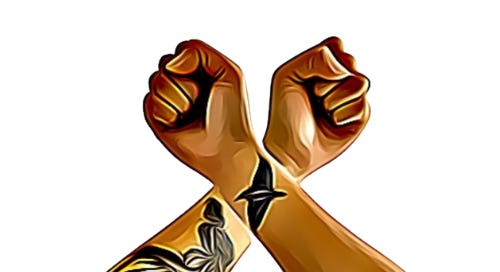The term ‘justice sensitivity’ was first discussed in 1995 by Schmitt, Neumann and Montada as a ‘personality disposition’ and meant to explain differences in reactions to unfair situations. It was studied from three dimensions - unfairness towards self, unfairness towards others, and profiting from unfairness. We have been raised in a reality where peop…
© 2025 AJ
Substack is the home for great culture



